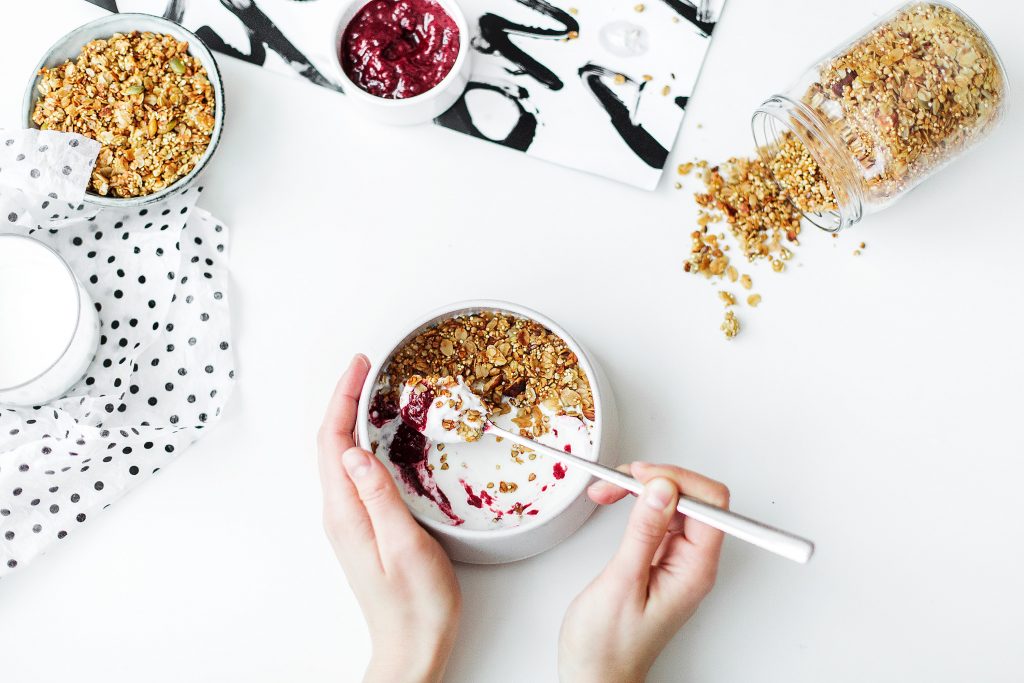
Author: Alyssa Sota, Office Manager
What are Antibiotics?
Tis the season…. of the FLU! If a doctor diagnoses you with the flu this season, chances are you’ll be prescribed an antibiotic. An antibiotic, also called anti-bacterials, are a type of drug used to treat and prevent bacterial infections. They are powerful medicines that either kill or inhibit the growth of bacteria. They can have some side effects such as diarrhea, cramps, rash and vomiting. Taking a probiotic supplement during your antibiotic treatment can help keep the beneficial bacteria in your gut while reducing the side effects associated with antibiotics.
What are Probiotics?
Probiotics are the ‘friendly’ bacteria that normally live in the human digestive tract. These beneficial microbes help complete the digestive process
Taking Antibiotics & Probiotics at the Same Time
I’ve spoken to several doctors and experts regarding this subject. You want to start taking a probiotic the same day you start taking an antibiotic, but not at the same time. A quick rule of thumb is to take your probiotic two hours before or two hours after taking your antibiotic. This will give sufficient time for the antibiotic to work while not killing off the beneficial bacteria. You should take probiotics twice a day and on an empty stomach. Experts recommend that you continue to take probiotics even several weeks after an antibiotic treatment to ensure your digestive track is back to normal. However, I recommend taking probiotics daily because it not only keeps your digestive system regular, but also boosts your immune system and enhances the absorption of certain nutrients. It’s also been shown that a probiotic-rich diet during an antibiotic treatment can reduce the severity of antibiotic-associated diarrhea and overproduction of yeast.
Some Probiotic-rich Foods include:
- Yogurt – Specifically goat’s milk. Just make sure to read the labels because not all yogurt is made equally. A lot of popular brand yogurt is filled with artificial sweetener and syrups.
- Miso Soup
- Dark Chocolate – YES!
- Pickles
- Tempeh – Also is a good source of vitamin B12
Finding the Right Probiotics
The biggest problem is finding the right probiotic to take because not all are created equal. Many companies produce probiotics with fillers, starches and sweeteners which all feed pathogens in the gut. I would suggest finding a high-grade probiotic that a doctor or medical clinic recommends. Two key probiotic families are Lactobacillus and Bififobacterium. Find a probiotic that contains species from both of these families such as L.acidophilus and B.vifidum. Do your gut a favor and keep it healthy and regular this season!
The information
provided is for general interest only and should not be misconstrued as a
diagnosis, prognosis, or treatment recommendation. This information does not in
any way constitute the practice of medicine, or any other health care
profession. Readers are directed to consult their health care provider
regarding their specific health situation. Marque Medical is not liable for any
action taken by a reader based upon this information.


